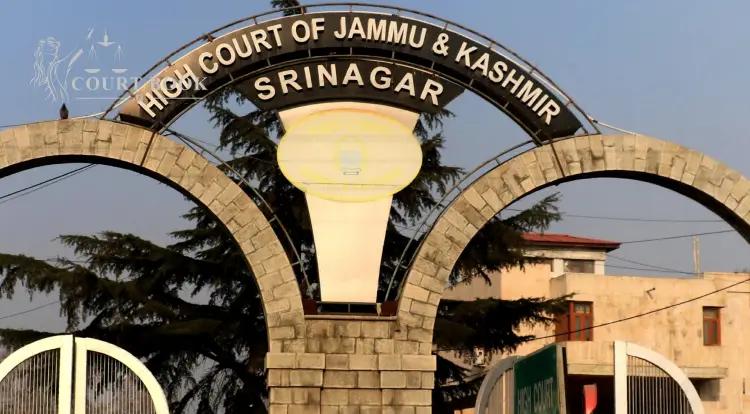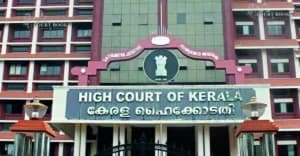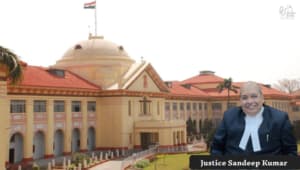The Jammu and Kashmir High Court has ruled that an Economically Weaker Section (EWS) certificate cannot be denied solely on the basis of mutation records. The court emphasized that a thorough inquiry must be conducted to determine eligibility, ensuring the applicant has a fair opportunity to present their case before a decision is made.
Justice Javed Iqbal Wani highlighted that the rejection of the petitioner’s EWS certificate application was primarily based on mutation records, which indicated that her ancestral property was inherited by her father and uncle. However, the petitioner argued that the property was jointly inherited by five legal heirs.
The court referred to a Supreme Court ruling that states:
"Mutation records do not create or extinguish title nor have any presumptive value on title; they only enable the person in whose favour mutation is ordered to pay the land revenue in question."
Further, the court noted that the petitioner had been granted the EWS certificate for the years 2022-23 and 2023-24. Since no significant changes in circumstances had occurred, there was no justification for its sudden rejection.
Additionally, the court found that the petitioner was not provided an opportunity for a hearing before the rejection order was issued, which is a violation of natural justice.
Court’s Directive
The court directed the authorities to reconsider the petitioner's application in light of the fact that she had been previously granted the certificate. It emphasized that:
"The rejection of an application without proper inquiry and a fair hearing is arbitrary and against the principles of natural justice."
Background of the Case
The petitioner, Sadiya Sidiq Lone, had applied for an EWS certificate under the J&K Reservation Rules, 2005. Her application was rejected based on a Patwari report stating that her father owned a three-story house on five marlas of land. However, the petitioner contended that the house was inherited jointly by her father, uncle, and three aunts, and that she had previously been granted an EWS certificate without any issues.
The court reiterated that mere mutation records cannot be the sole basis for rejecting an EWS certificate. The rejection order must be backed by a proper inquiry into the applicant's financial and property status.
After reviewing the facts, the court ruled in favor of the petitioner and issued the following orders:
- The rejection order dated 02.11.2024 is quashed.
- Authorities are directed to reconsider and re-evaluate the petitioner's eligibility for an EWS certificate, taking into account the fact that she was previously granted one.
- The reconsideration process must be completed within 15 days of receiving the court’s order.
The court further clarified that while alternative legal remedies exist, the violation of natural justice principles justifies intervention under Article 226 of the Constitution.
APPEARANCE:
Asif Bhat, Advocate FOR Petitioners
Mohsin Qadiri, Sr. AAG FOR Respondents
Case-title: Sadiya Sidiq Lone vs UT of J&K and others, 2025, Livelaw (JKL)















